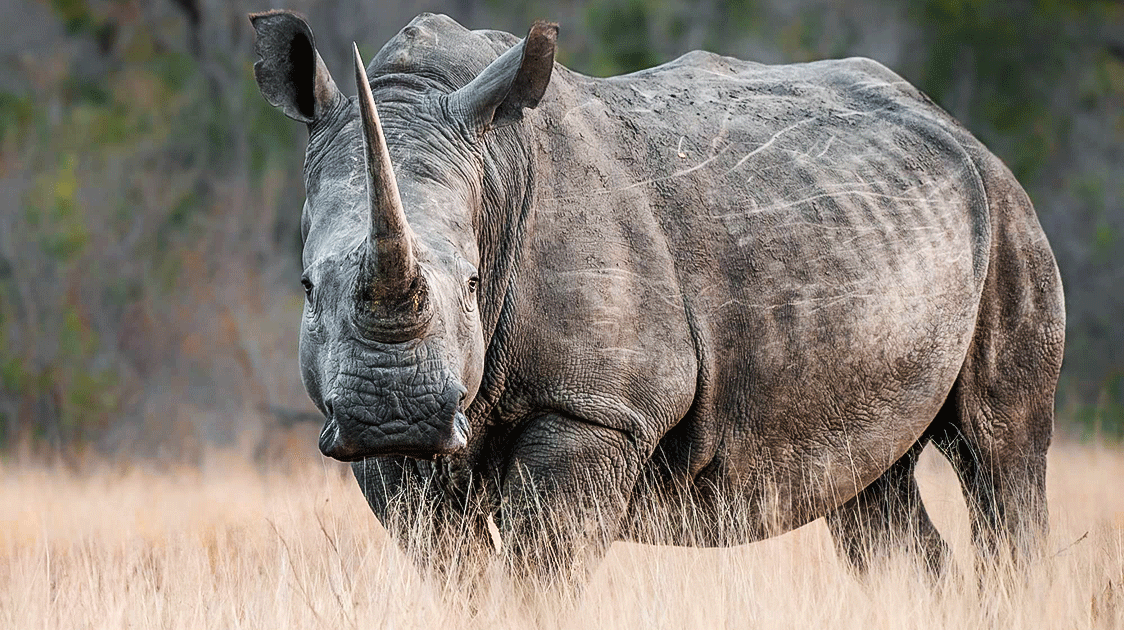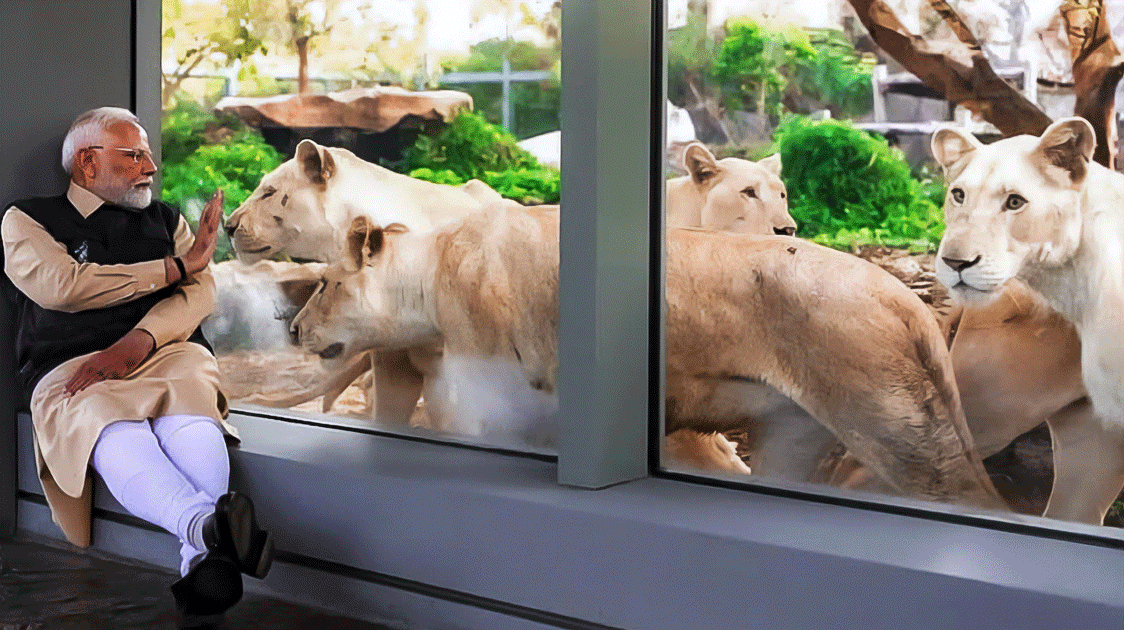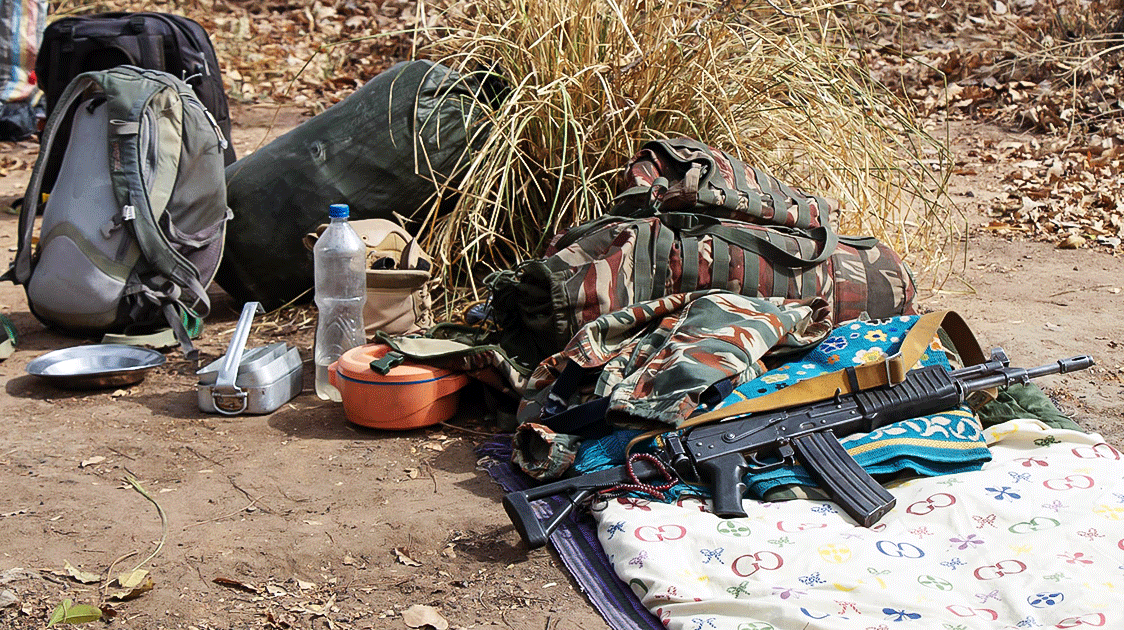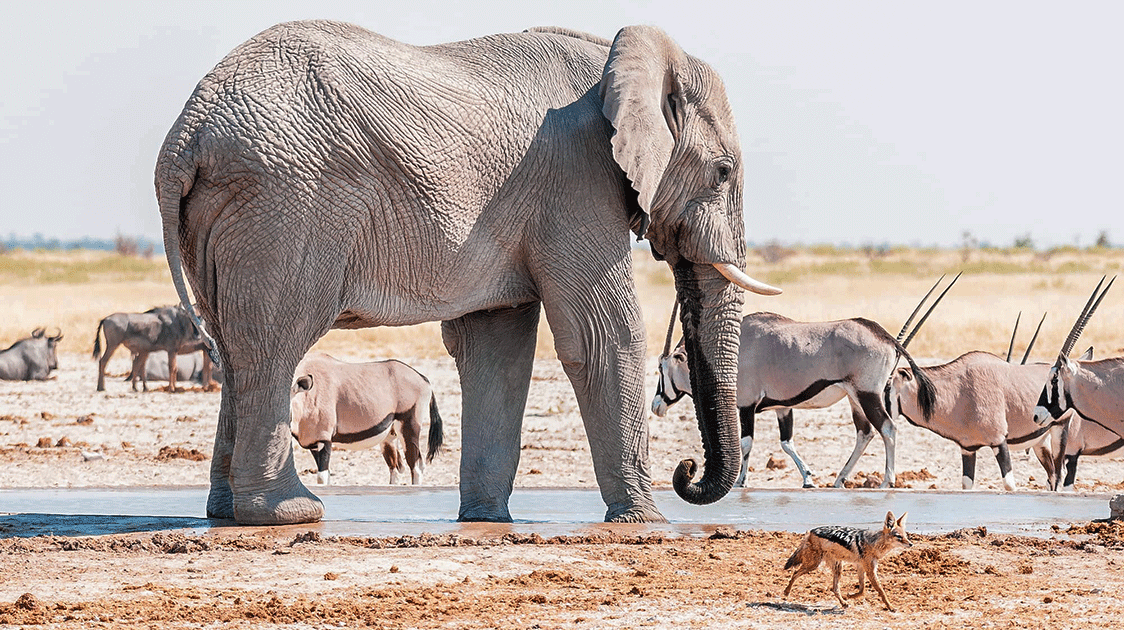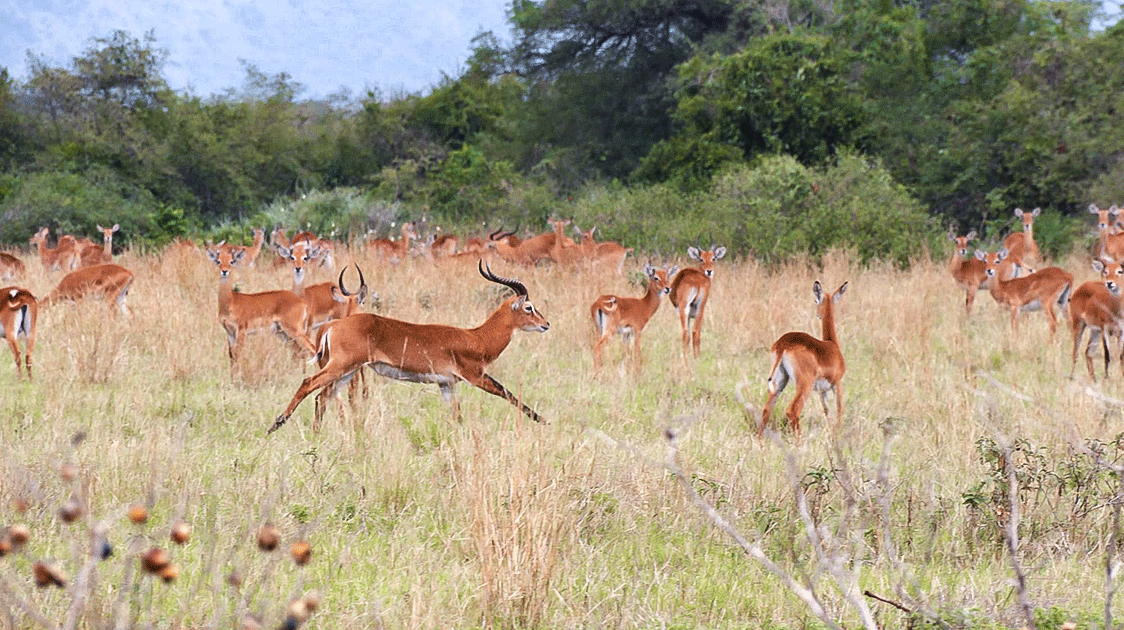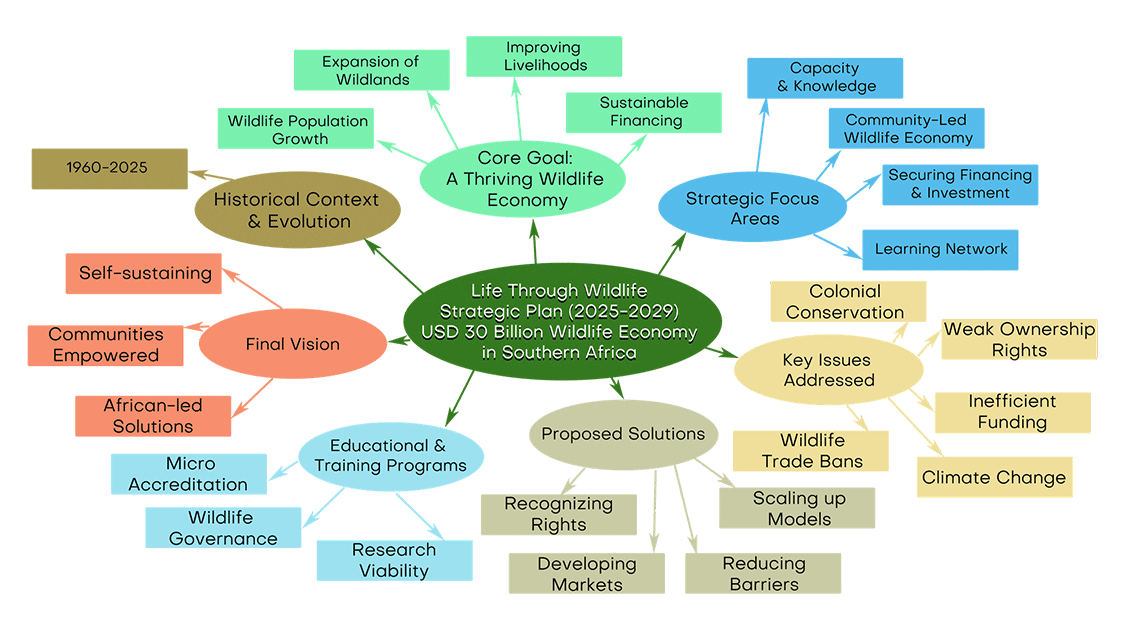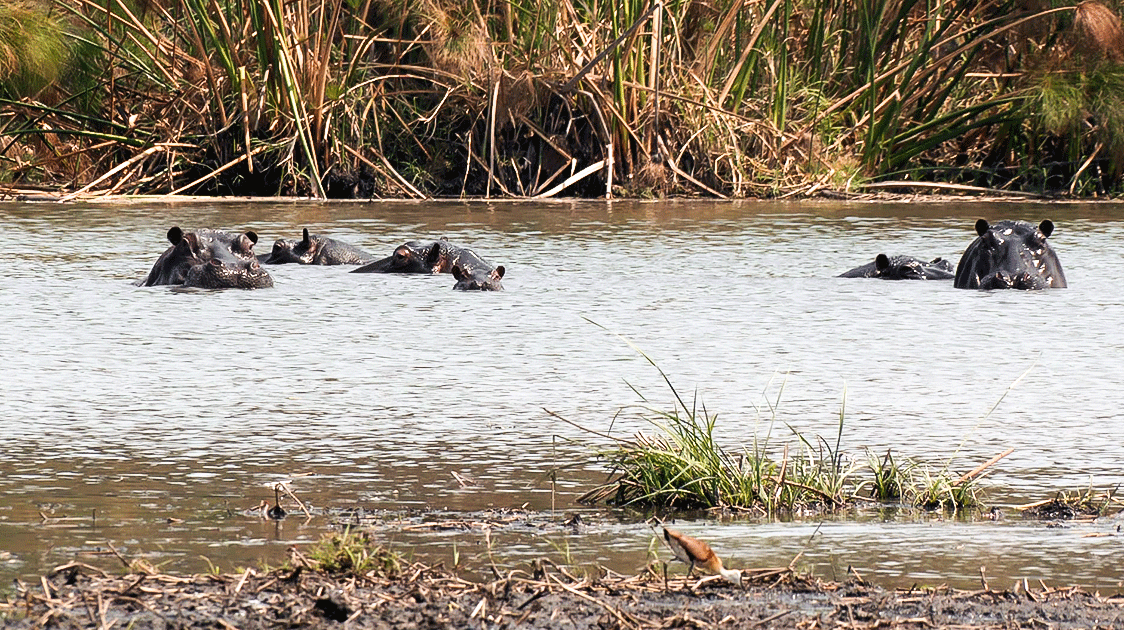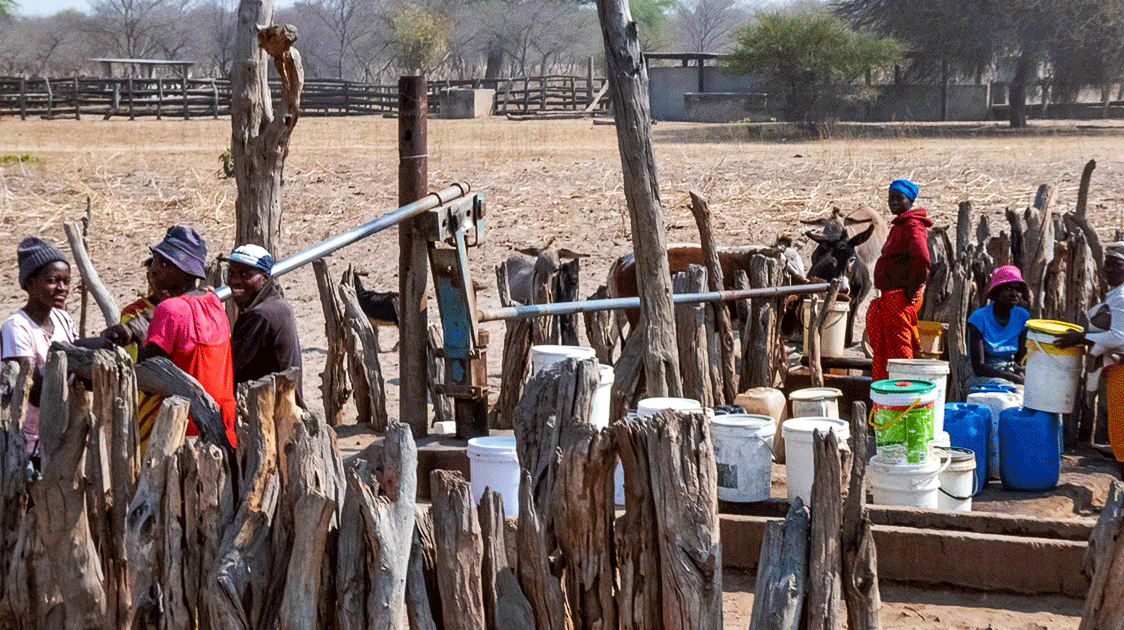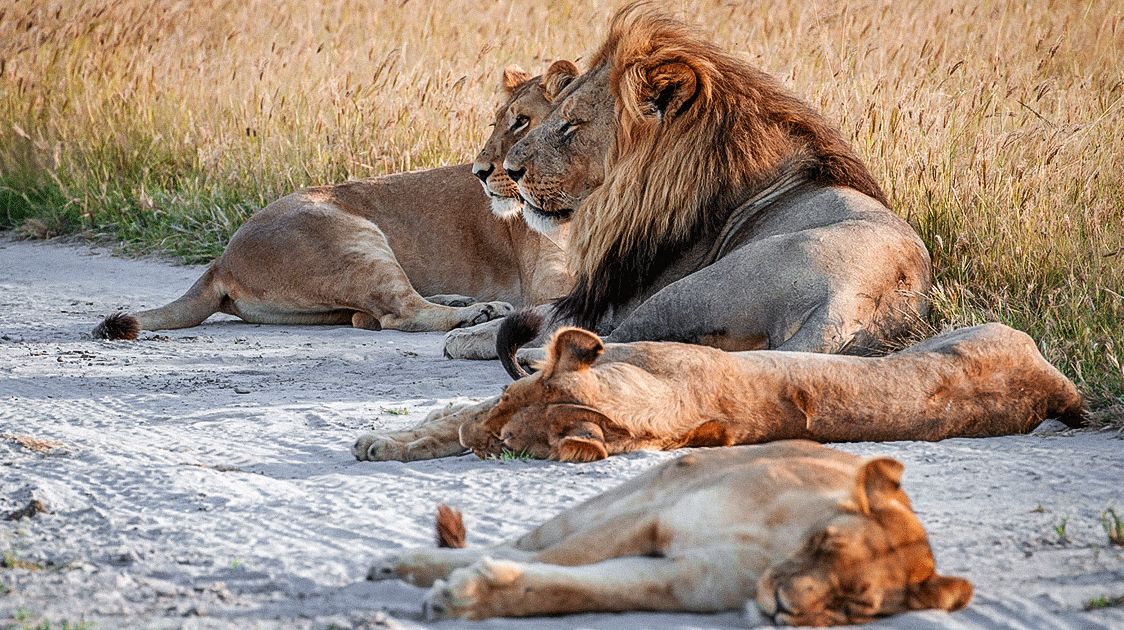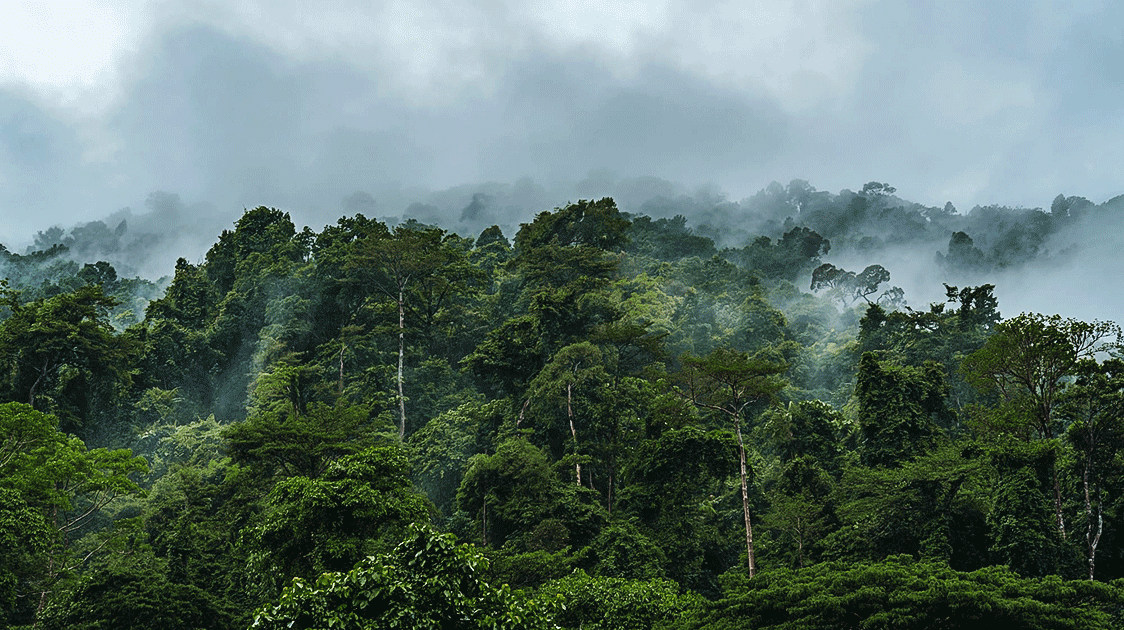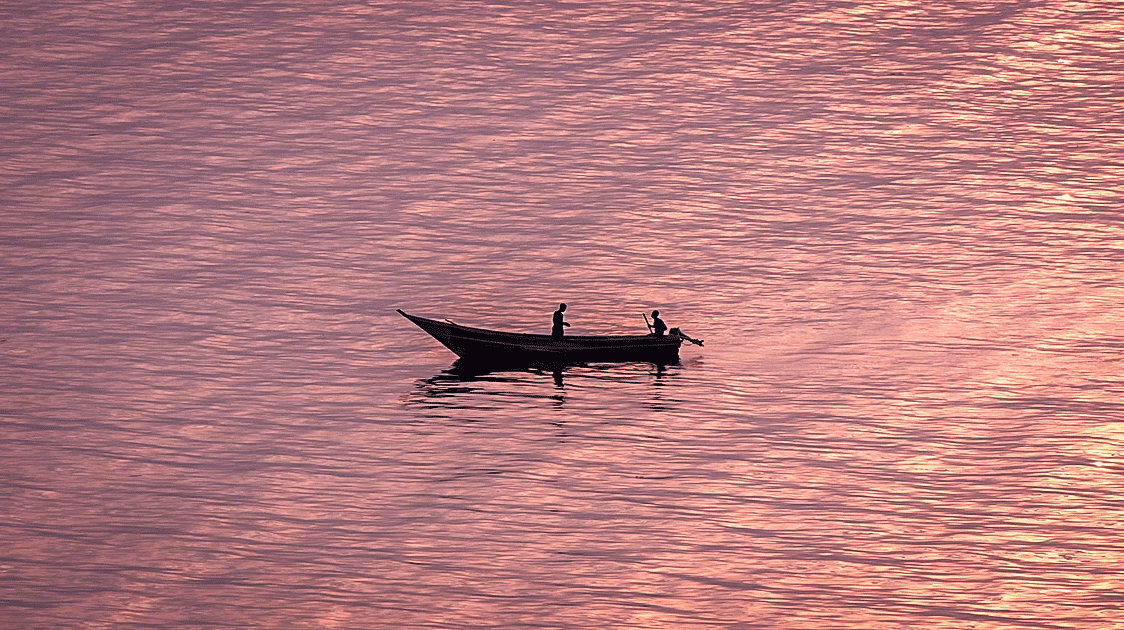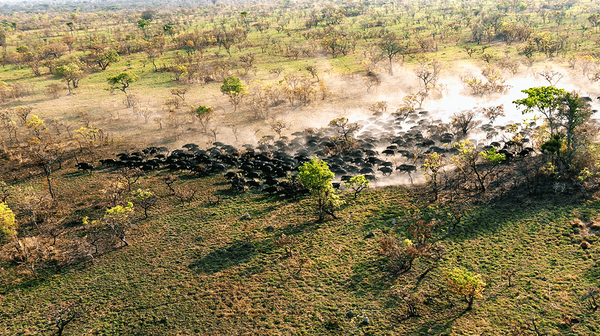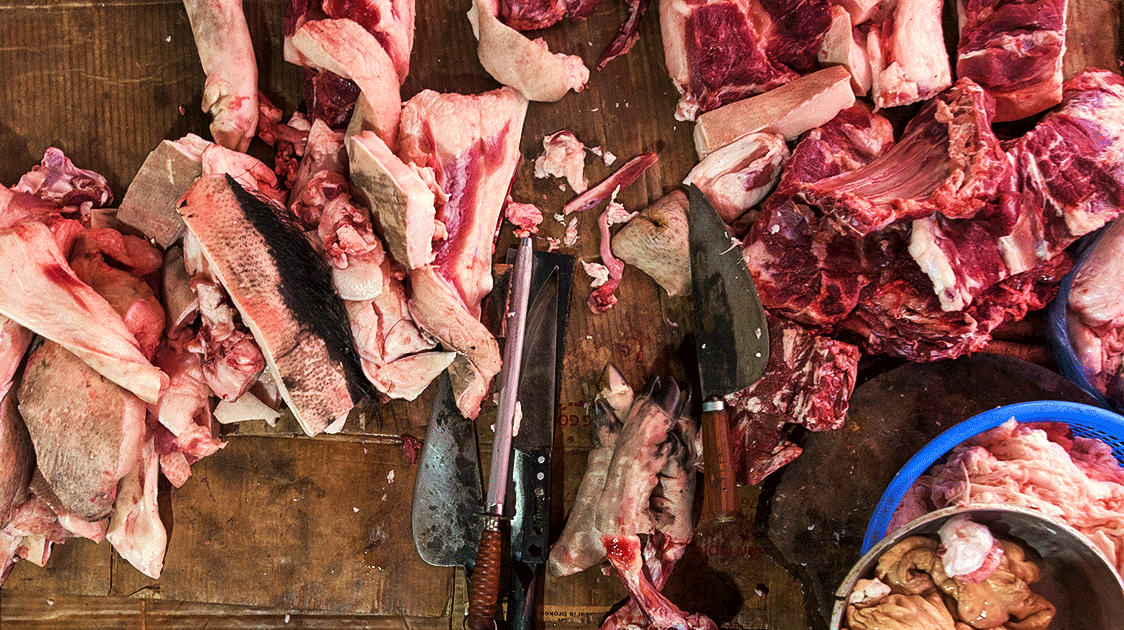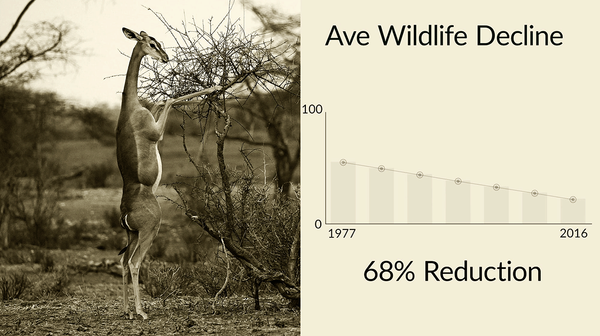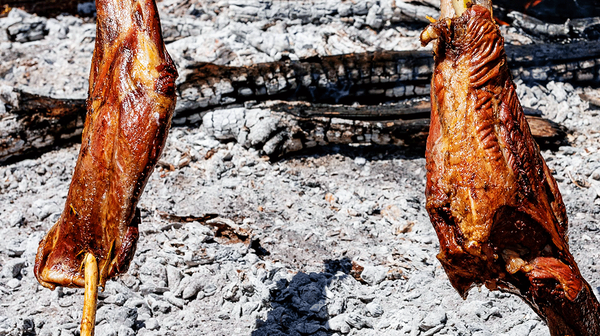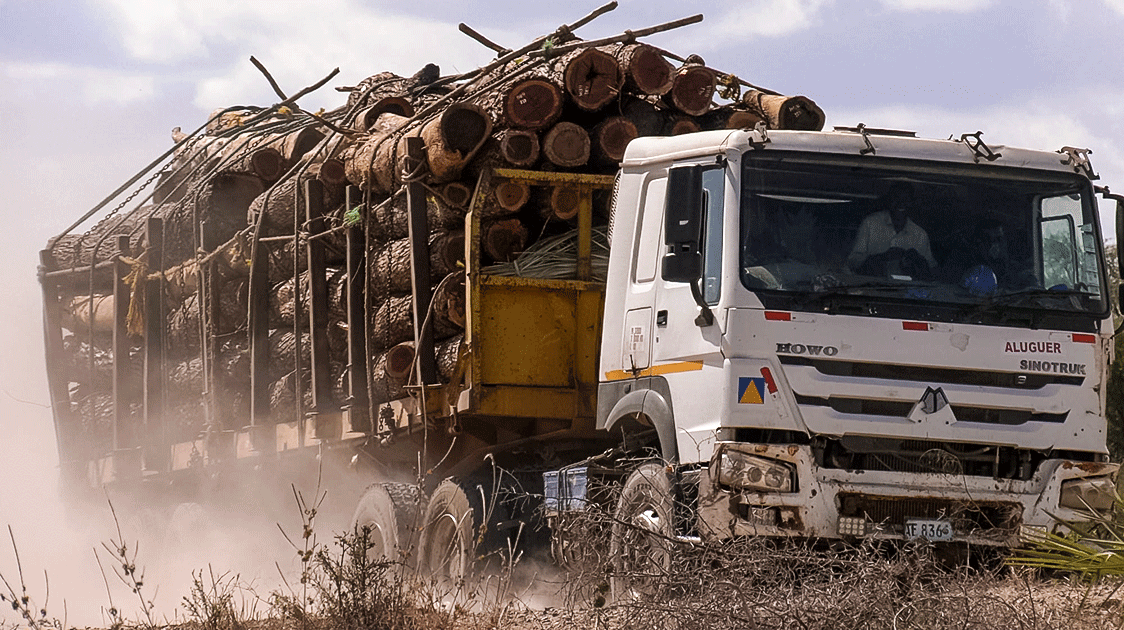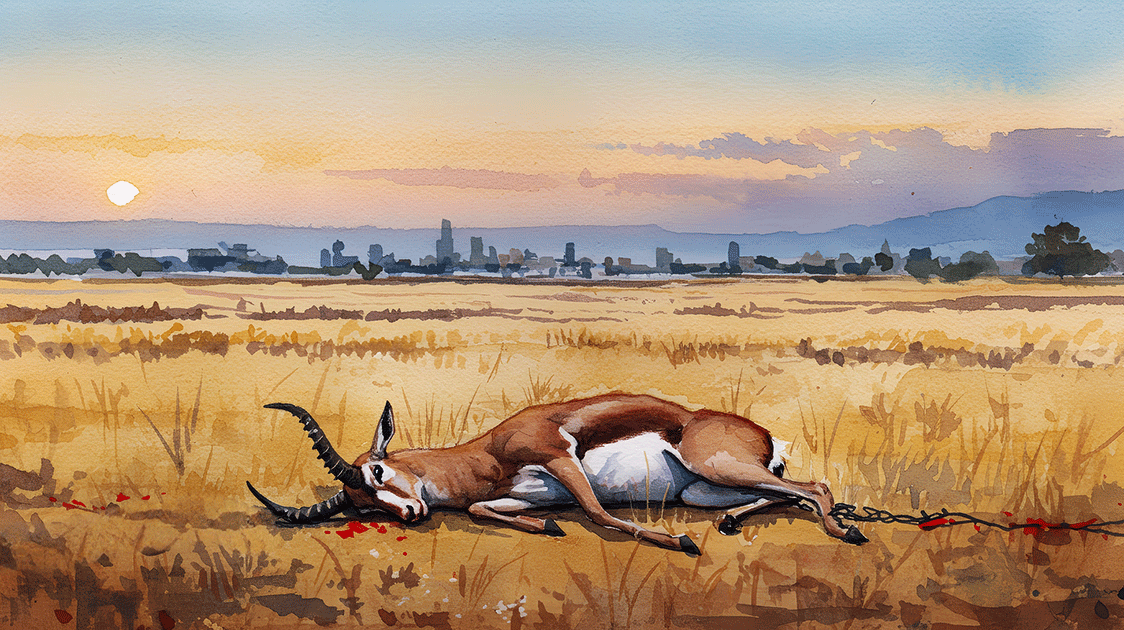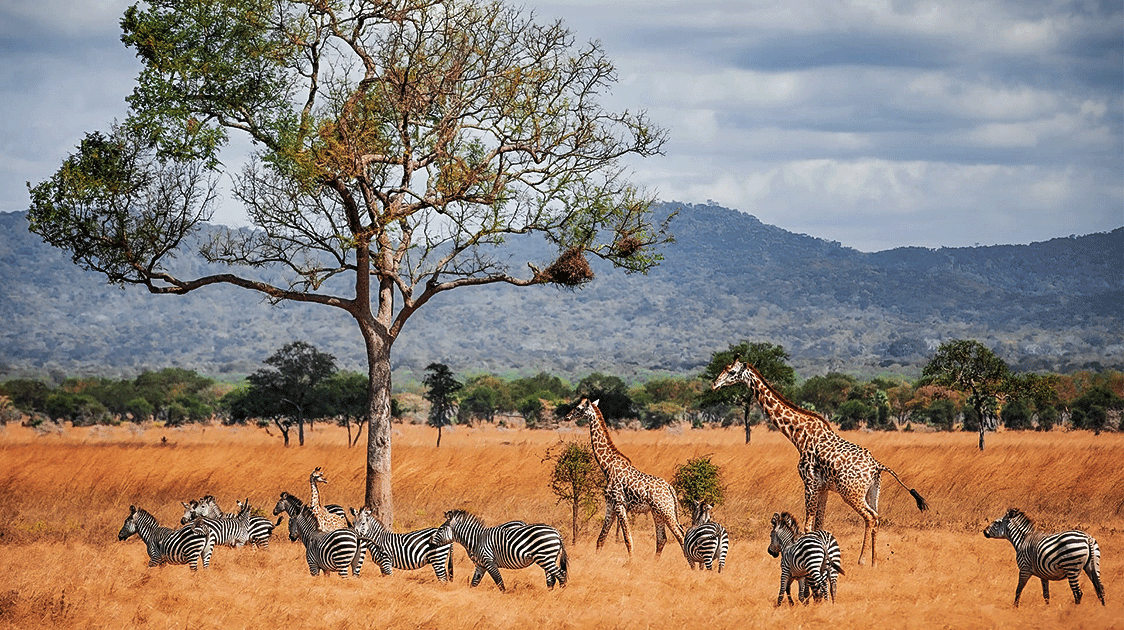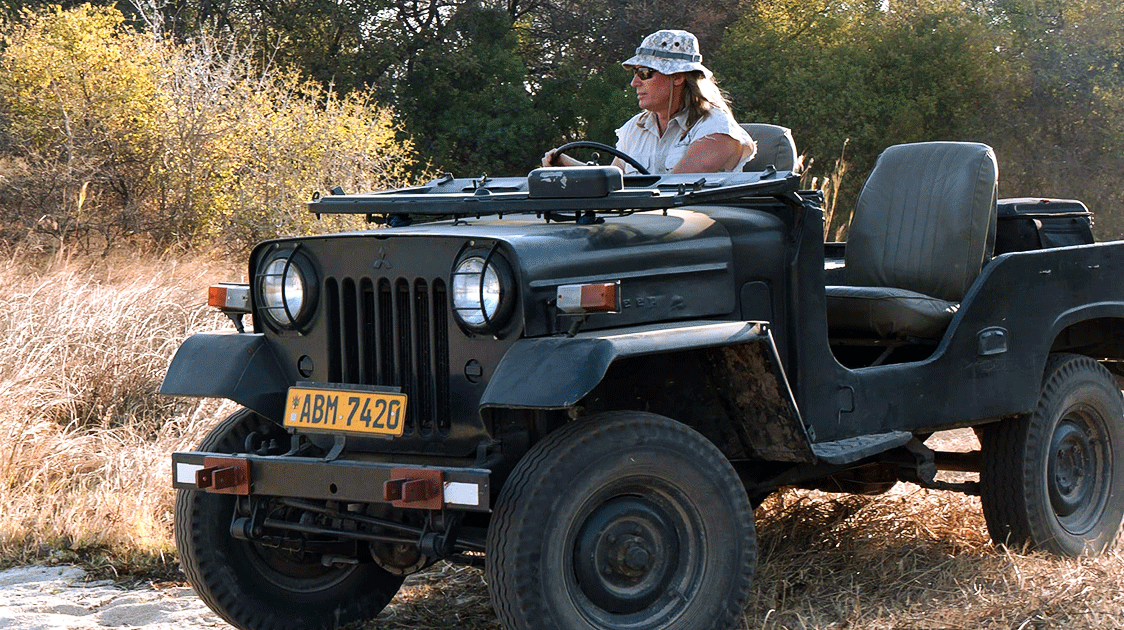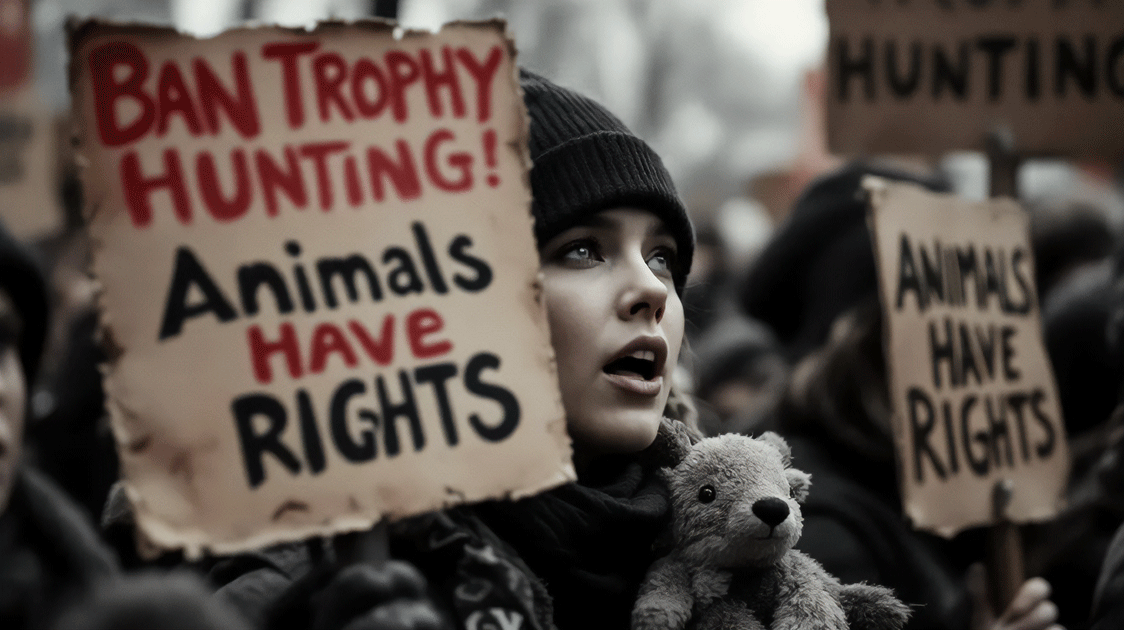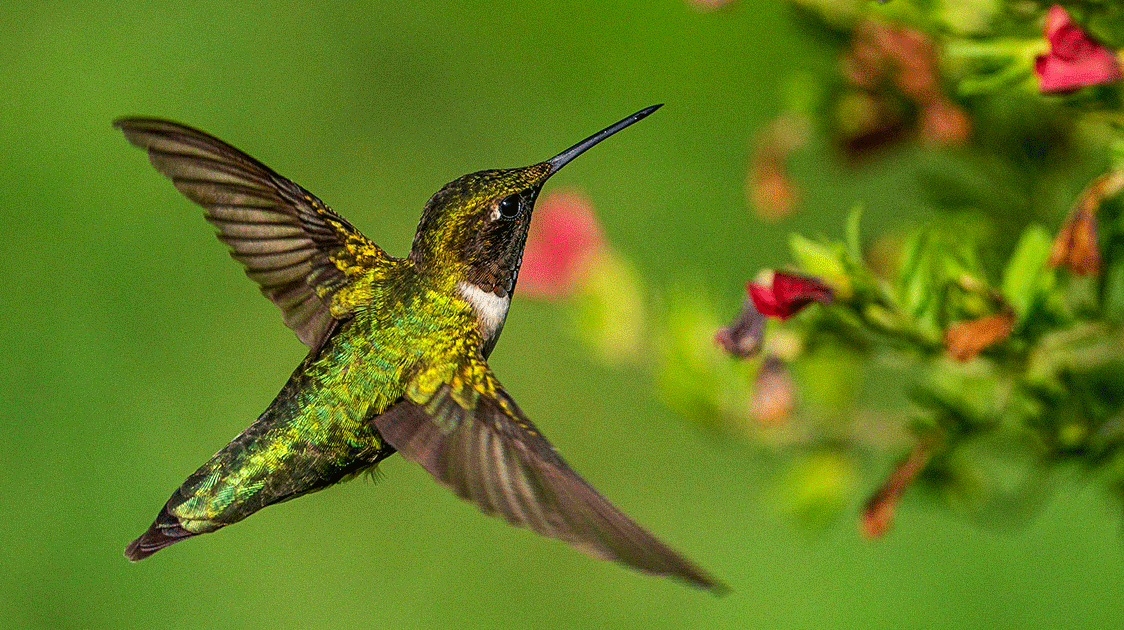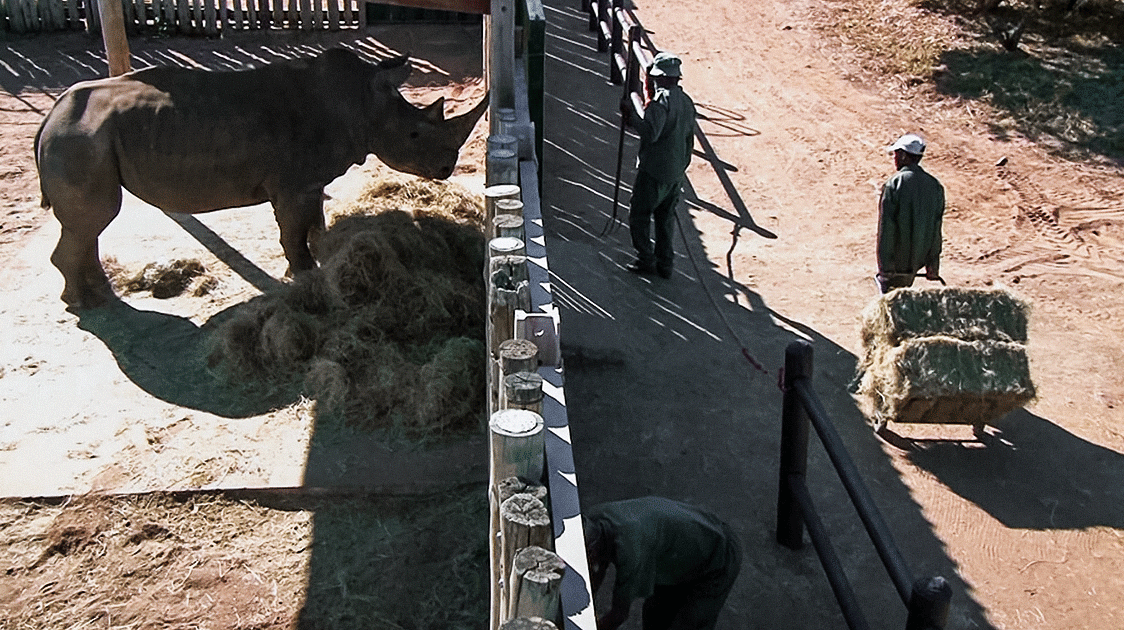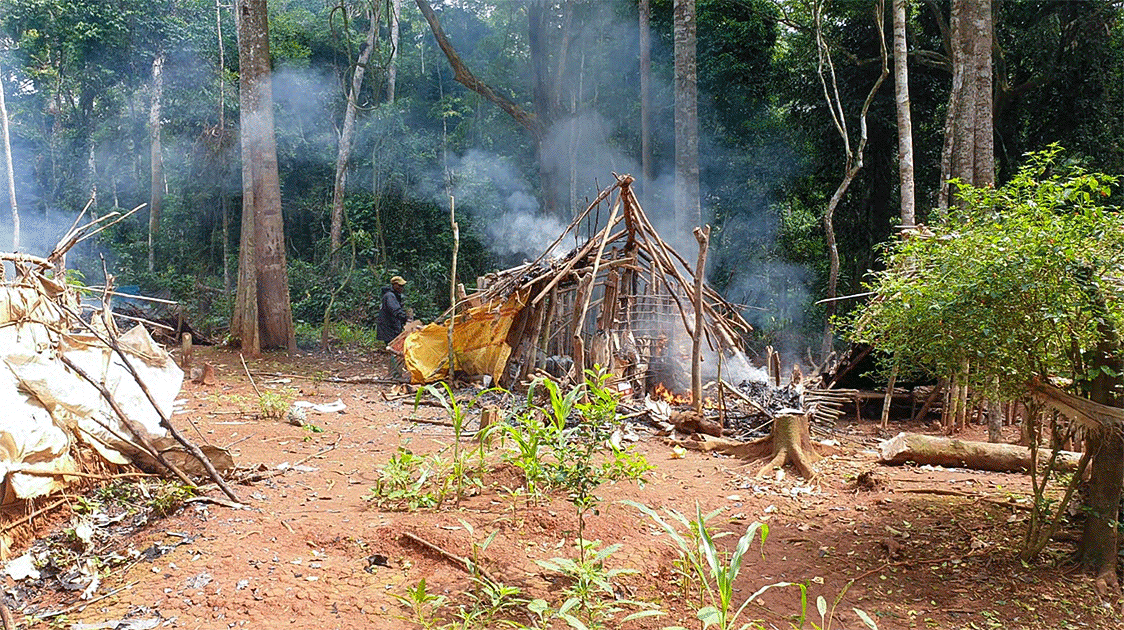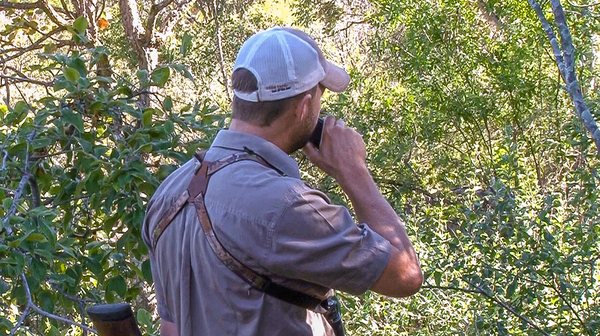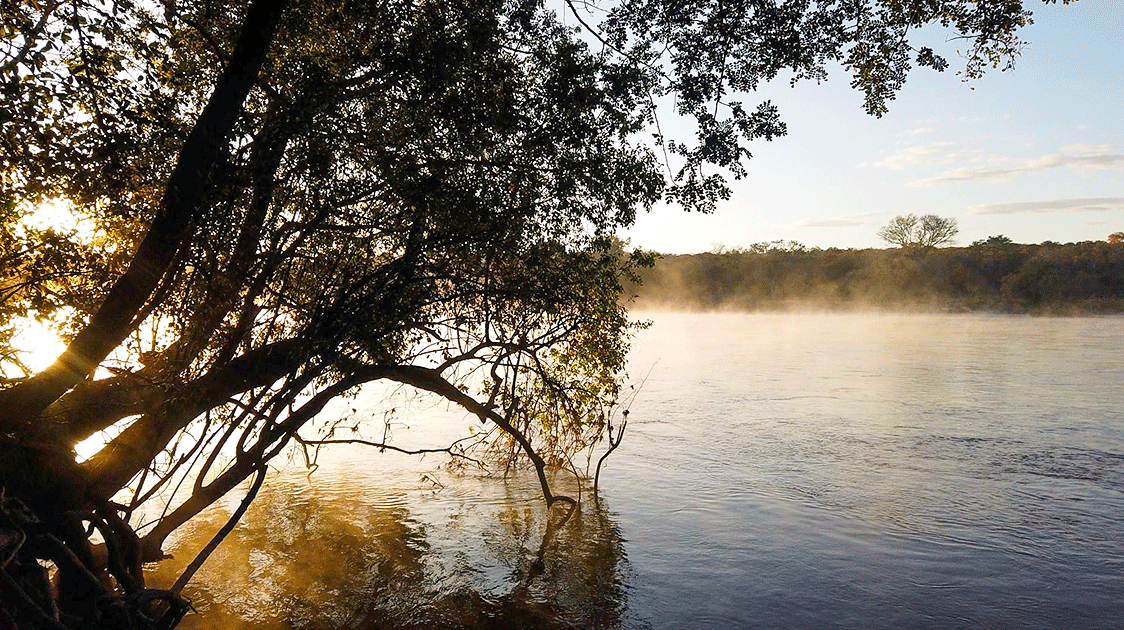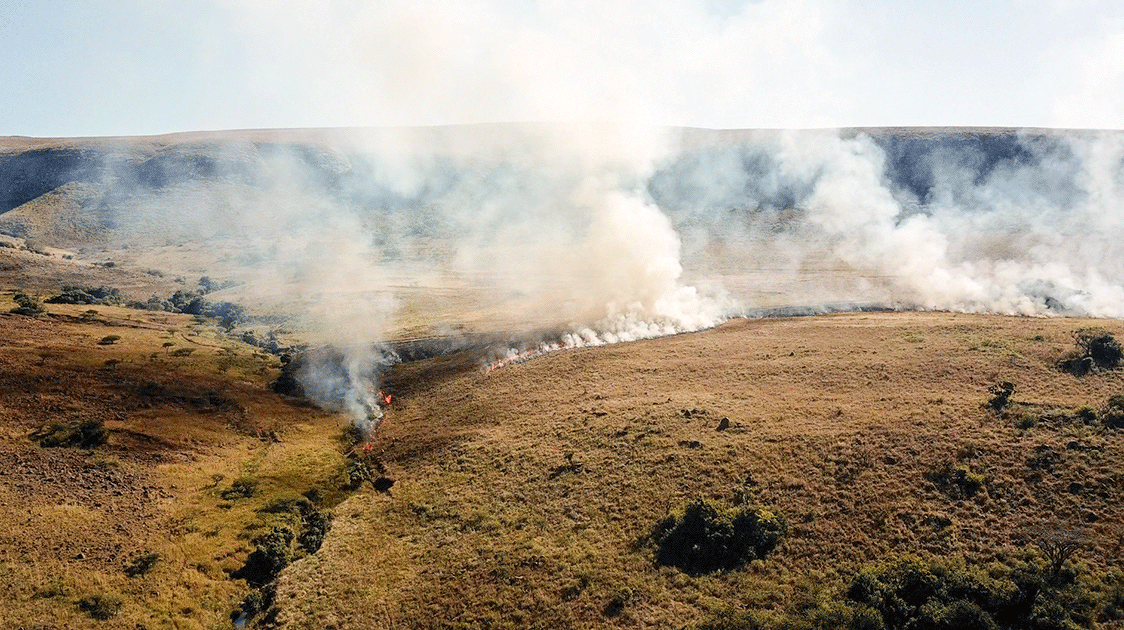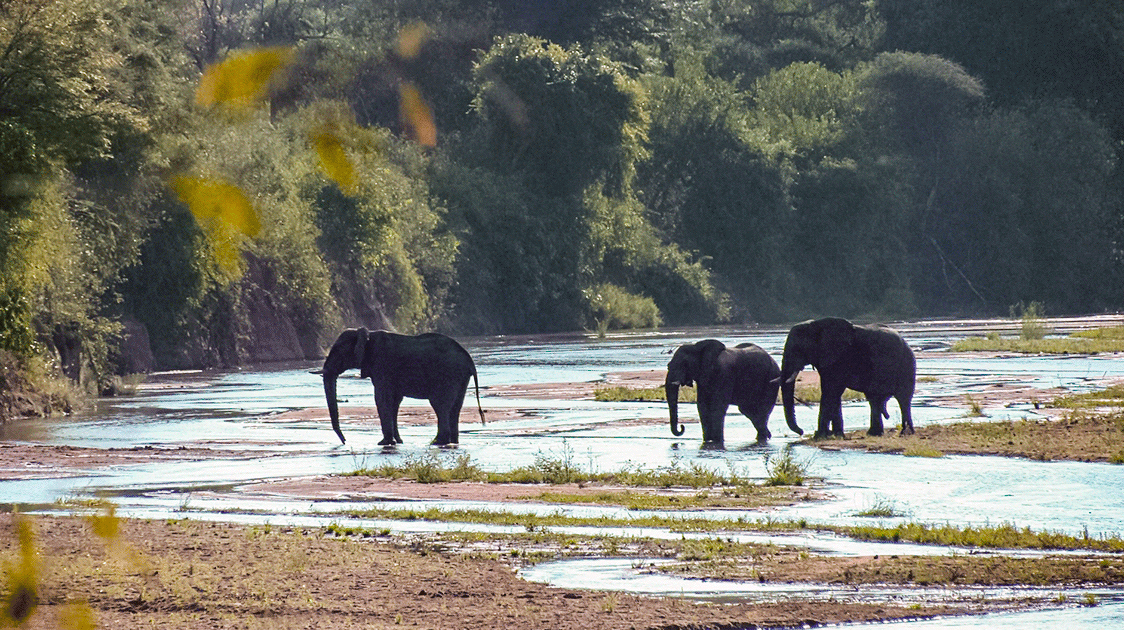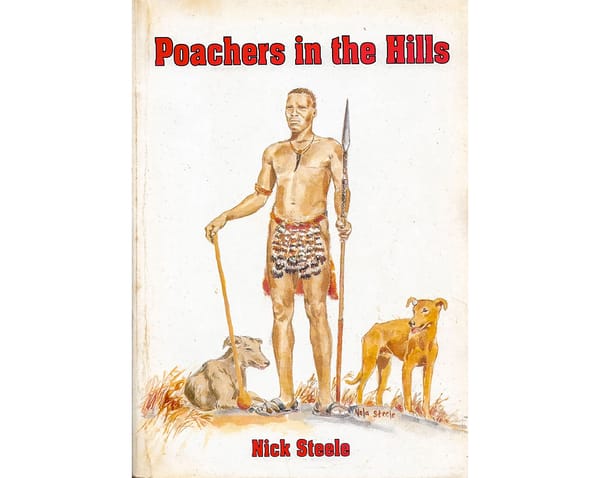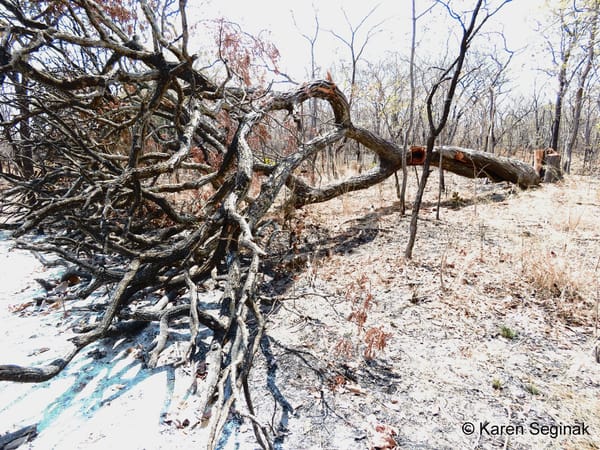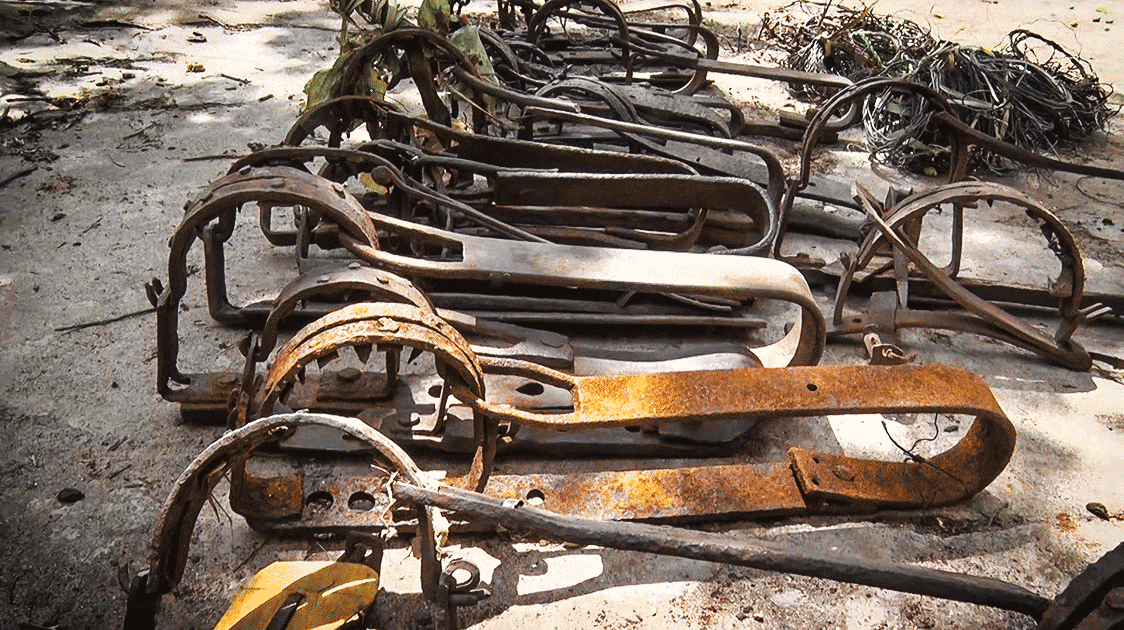Poaching Threats
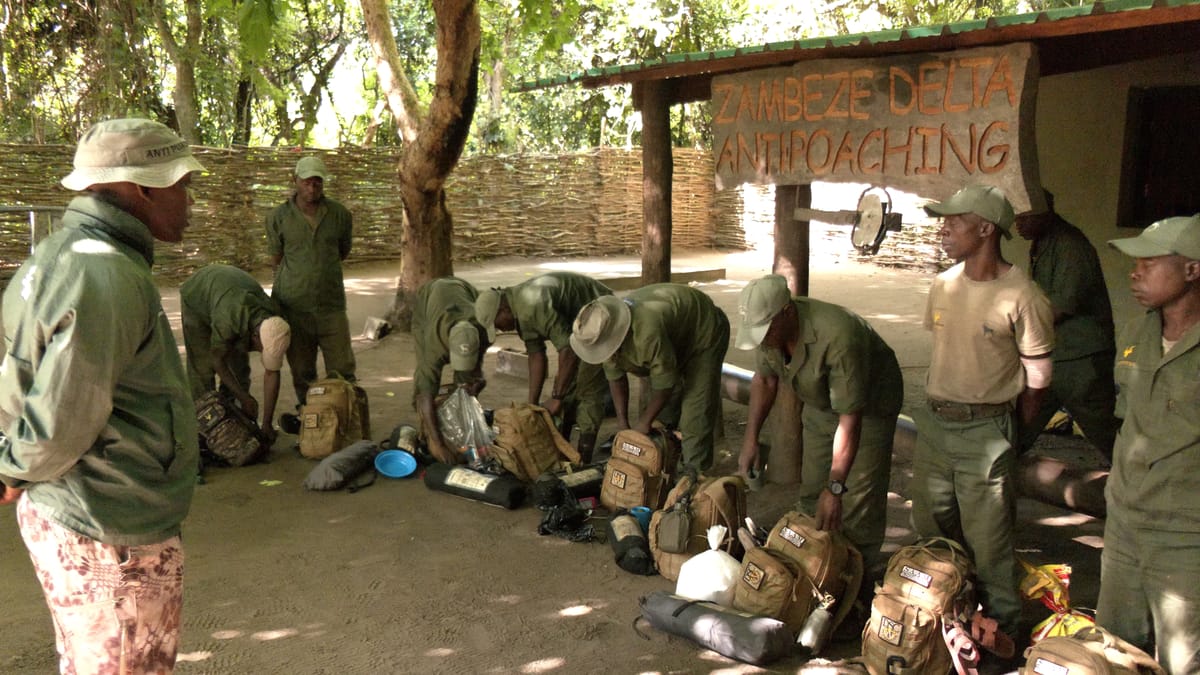
Poaching doesn't simply threaten well-known animals like elephants and rhinos; it also destroys forests, rivers, and delicate ecosystems worldwide. At Patrol, we clearly identify each poaching threat, what is being targeted, why these items are valuable on the black market, and how conservation teams are working to address these issues.
Being aware of these concerns empowers you to take meaningful action to protect species that are at risk of extinction.
Major Types of Poaching Threats
Below, we list the primary forms of poaching threats, so you can see the impact they have on wildlife conservation and natural environments.
Ivory and Rhino Horn Trade
The illegal trade in ivory and rhino horns is still a menace to wildlife all over the world. Elephant ivory is highly sought after for intricate carvings and decorative objects, whereas rhino horns are mistakenly believed to have medicinal properties, particularly in certain parts of Asia.
The high prices and demand for these animal parts lead to active poaching, which puts whole populations at risk.
Illegal Bushmeat Trade
Illegal bushmeat hunting involves capturing wild animals for sale, primarily in urban markets. Although subsistence hunting for personal food consumption can sometimes be legally permitted, large-scale commercial bushmeat trade is highly destructive.
It dramatically reduces wildlife populations, disrupts ecosystems, and often fuels organized crime networks.
Unlawful Timber Logging
Illegal timber logging involves harvesting rare and valuable hardwood trees at unsustainable rates. Trees such as mahogany and rosewood are highly prized for use in luxury furniture, flooring, and decorative items.
Illegal logging severely damages forests, removing critical habitats that countless species rely on for survival.
Illegal Harvesting of Succulents and Medicinal Plants
Poachers increasingly target succulents, rare orchids, and medicinal plants. Collectors and herbal medicine markets prize these small, valuable plants, making them vulnerable to exploitation.
Their illegal harvesting threatens their survival and disrupts the ecosystems where these plants play a critical ecological role.
Endangered Species
Illegal poaching puts endangered species all across the world at even greater risk. Poaching is the primary reason why the populations of animals such as elephants, rhinos, pangolins, and many bird species are declining.
Not only do these species need to be protected for their own sake, but also to keep biodiversity and the health of the environment.
At Patrol, we emphasize the importance of protecting these vulnerable species by raising awareness, providing assistance, and taking immediate action.
Patrol’s Approach to Combating Poaching
At Patrol, we give you detailed, accurate, and helpful information about the poaching threats:
Interviews with Conservation Experts: We regularly speak with local environmentalists, wildlife rangers, and professionals from the area. These interviews give us direct information about the cultural, economic, and social reasons why people poach. Readers can gain a deeper understanding of why poaching persists and how to prevent it by learning about these key aspects.
Mapping Illegal Trade Routes: We identify and explain the pathways that poached goods take from their natural habitats to international illegal markets. This mapping exposes the scale and complexity of trafficking networks, raising awareness about the challenges authorities face in tackling illegal wildlife trade.
Promoting Local Conservation Solutions: Grassroots efforts are crucial for combating poaching. We highlight functional, community-driven solutions, including community patrol organisations, hotlines for reporting wildlife, and educational programs. By supporting these local efforts, we demonstrate the significant impact communities can have in the fight against poaching.
How You Can Help Protect Wildlife
Your actions make a real difference in the fight against poaching:
- Share Accurate Information: Help combat misinformation by sharing verified stories and reliable information on social media.
- Report Illegal Activities: Promptly report any suspicious wildlife products or activities to customs authorities or local law enforcement agencies.
- Support Conservation Efforts: Contribute to reputable organizations dedicated to training local guides, informants, and ranger teams who directly combat poaching.
Join us at Patrol in protecting endangered wildlife by signing up for our newsletter. By raising awareness and working together, we can help stop poaching and protect vital habitats worldwide.

